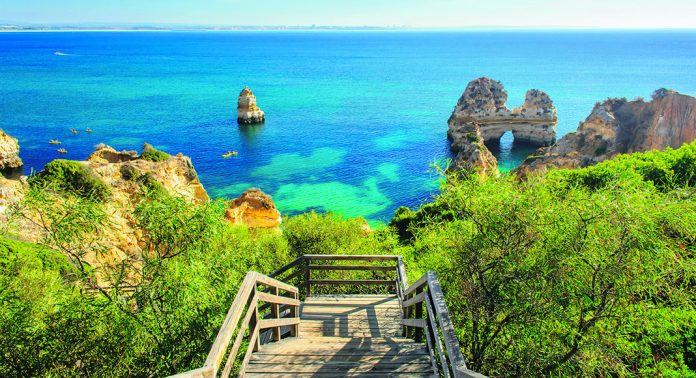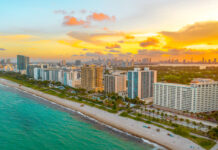A country which was once a quiet backwater of Europe has, in recent years, become a European property hot spot. With around 300 days of sunshine a year and a coastline which has been voted ‘Europe’s leading beach destination’, it’s not hard to see why. Add to those attractions outstanding food and wine, stunning architecture, a beautiful and varied landscape and the fact that Portugal is rated one of the safest countries in the world, and you may justifiably wonder why anyone would live anywhere else. So, before you pack your bags and start brushing up on your Portuguese, here are a few things that you ought to consider.
Visa requirements
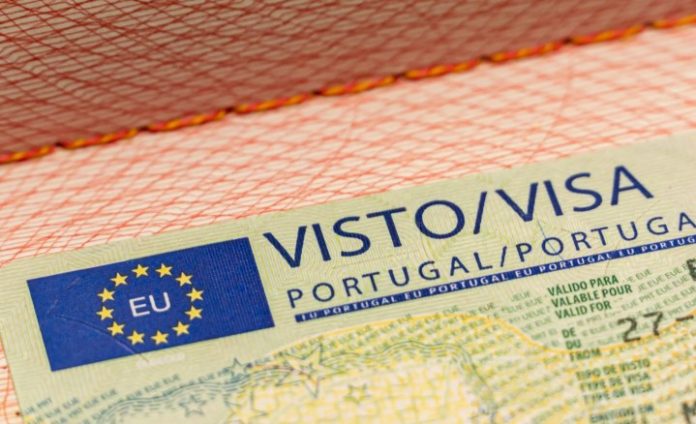
The Portuguese government has worked hard to make the country attractive to foreigners and as a result, around 6.5% of the population were not born in Portugal. Foreign investors who buy a property worth in excess of 500,000 euros will automatically qualify for a ‘golden visa’ on which you can learn more on goldenvisa.com, which gives them residency rights and the opportunity to travel freely within the Schengen area. The alternative, if you wish to settle in Portugal, is to apply for a long-term visa. Your will need medical insurance and adequate proof that you can support yourself financially.
Housing costs
House prices vary considerably throughout the country. Lisbon and the Algarve are, as you would expect, the most expensive areas but once you move inland prices drop dramatically. Imovirtual publish a monthly report on the average house prices in each municipality. Currently, Guarda is the most affordable region in which to buy a property.
Day to day living costs
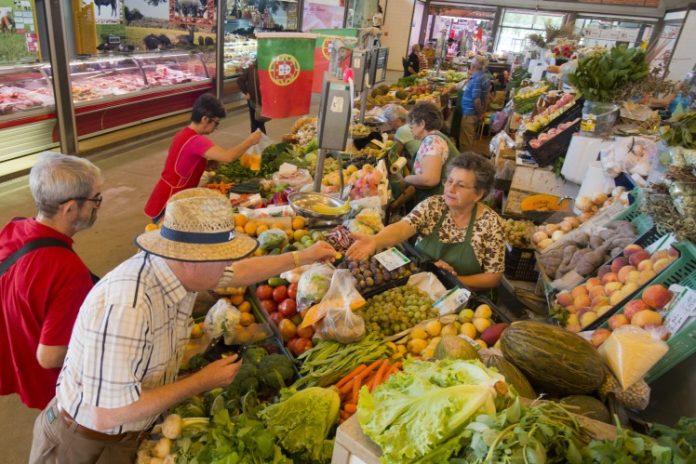
Portugal has one of the lowest costs of living in Europe. Lisbon and the resorts of the Algarve have the highest prices but even so, good quality food and wine are inexpensive, and the good weather and short winters mean that fuel bills are minimal. Public transport is widespread and inexpensive.
Job opportunities in your sector

Youth unemployment in Portugal has been running at around 25% and the employment situation has deteriorated as a result of the pandemic. Portugal also produces a lot of STEM graduates, so competition for tech jobs can be high. A lot of employment in the country is connected to the tourist industry and of course this has been badly hit by the pandemic. You should also be aware that Portugal is one of the lower paying countries in Europe, with the minimum wage set at just 4.64 euros per hour.
Cultural differences

Family is very important in Portugal, even to the extent that nepotism is regarded as a good thing because it means you have employed someone you can trust. The culture is generally traditional and conservative, politeness is of great importance and social interaction is formal. A strict hierarchy operates within society and rank is always respected. In business, face-to-face meetings are preferred and there is a relaxed attitude toward deadlines.
Focus on Portugal’s beauty!
Now let’s talk about Portugal’s stunning destinations and what they have to offer. Let’s set aside for a moment all the administrative elements that you need to put into place when you move to Portugal and focus on the beauties that this country has to offer. There are so many attractions to visit, that will take your breath away. Portugal offers you incredible variety of natural landscapes and gorgeous beaches. If you are the adventurous type, you should definitely focus on visiting the magnificent mountains on Portugal’s eastern border. There you will see Serra de São mountain park, the Minho region lakes, and the popular Rota Vicentina forest. You will also see the famous Peneda-Gerês National Park, which is home to a variety of flora and fauna and the residence of many wild animals such as wolves, dear and eagles.
Wherever you choose to settle in Portugal, you can be certain that beautiful landscapes are never far away. Portugal really is a country with something for everyone. If you are a person who wants to relax and get some sea vibes, you should visit magnificent white sandy beaches of the Algarve, there are so many to choose from. If you are a surfer, we recommend you visit Castelejo beach, located on the Algarve’s west coast, where you can enjoy the thunderous and wild Atlantic waves and some of the best surfing conditions in the world
Property purchase should not be a concern for you
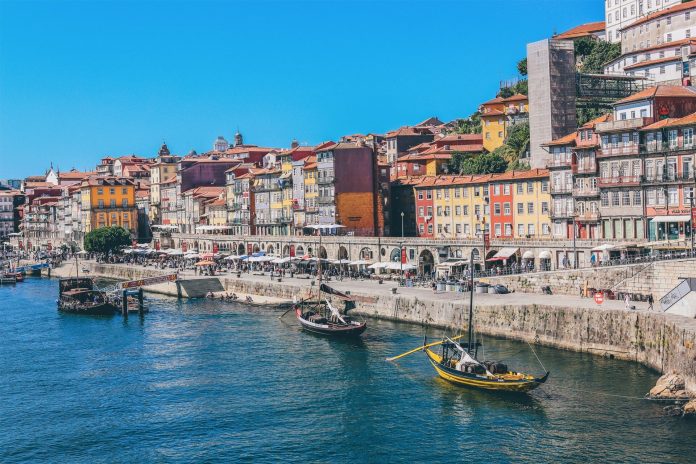
Even if you are a foreign national, you will not have problems buying a property in Portugal. The procedure is actually very simple. By providing some personal information, you can get your dream house and start living a peaceful life in Portugal with your own property. The first thing you should prepare is your personal fiscal number, which is called Numero fiscal de contribuinte . You can get it from any local tax office, but if you open a bank account, which is advisable if you are buying a property, you’ll be given one automatically.
When you find a property that you wish to buy, make an offer using an independent, bilingual solicitor. The solicitor will be able to check the contract and arrange for a survey of the property. You will also have to pay for the services of a notary, this is the person who will conduct the sale and ensure that the process is legally binding.
The first phase of the transaction is the signing of the Contrato de Promessa de Compra e Venda. This document legally obliges both parties to complete the transaction and any attempt to withdraw from the process, by either party, will incur financial penalties. At this stage you will be required to pay a deposit and the property transfer tax, and you will agree a date for completion of the sale. The final piece of the puzzle is the signing of the deed of purchase and sale, which takes place on the day of completion and confirms your ownership of your Portuguese home.
